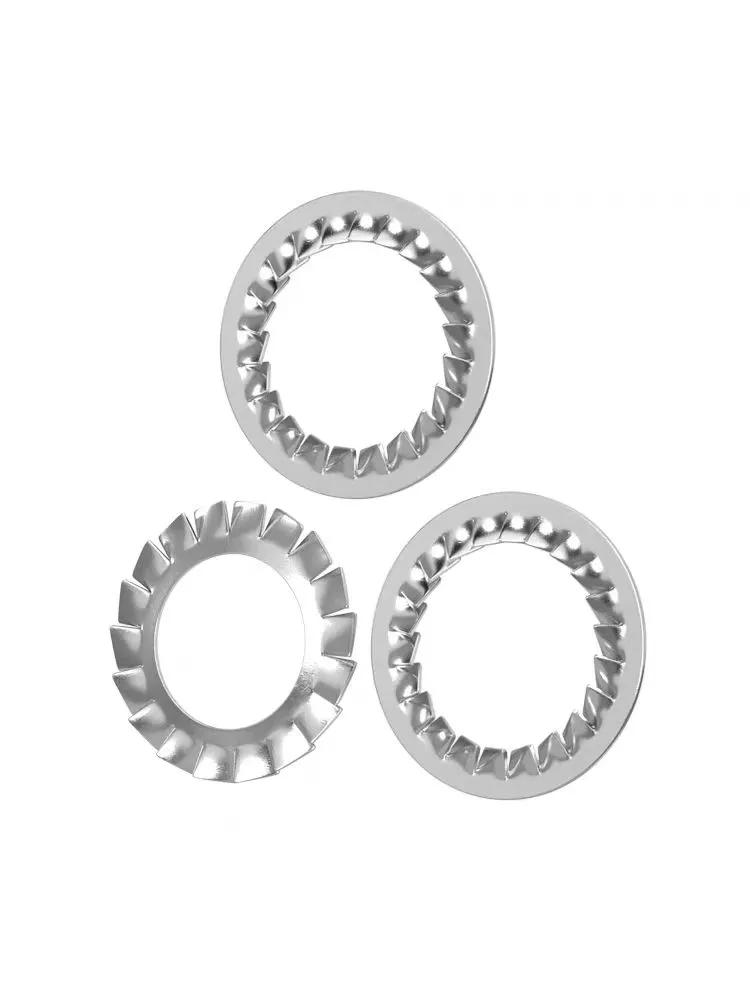

Understanding DIN 125A2 Standards for Washers and Their Applications in Engineering
ное. . 27, 2024 16:43 Back to list
Understanding DIN 125A2 Standards for Washers and Their Applications in Engineering
Understanding DIN 125A2 A Comprehensive Overview
DIN 125A2 is a standardized specification that pertains to the dimensions, materials, and characteristics of flat washers used in various industrial applications. The DIN (Deutsches Institut für Normung) system provides a framework for consistency and quality across different materials and components, facilitating a more efficient manufacturing process while ensuring that components fit and function as intended. This article aims to explore the significance of DIN 125A2 flat washers, examining their specifications, applications, and importance in engineering and manufacturing.
What is DIN 125A2?
The designation DIN 125A2 refers to a specific type of flat washer defined within the DIN standards. This particular specification outlines the necessary dimensions such as diameter, thickness, and tolerances, ensuring a high degree of interchangeability between products from different manufacturers. The ‘A’ in the designation indicates that these washers are flat and have no special characteristics, while the ‘2’ refers to the material specification, prioritizing stainless steel for improved corrosion resistance.
Material Specifications
DIN 125A2 washers are primarily made from stainless steel, often specified as A2 (also known as 304 stainless steel). This choice of material is critical due to its balance of strength, ductility, and corrosion resistance, making it suitable for a multitude of applications including outdoor, automotive, and marine environments. The inherent properties of A2 stainless steel allow these washers to maintain structural integrity over time, minimizing the risk of failure in crucial mechanical systems.
Dimensions and Tolerances
Flat washers classified under DIN 125A2 typically exhibit various standard sizes, including inner and outer diameters as well as thickness. The dimensions ensure that washers can be used across multiple applications and fit seamlessly with nuts and bolts of corresponding sizes. For instance, a standard washer of 10 mm inner diameter will fit perfectly with a bolt of the same diameter, providing a stable surface to distribute loads and prevent damage to the base material.
The tolerances set in the DIN 125A2 standard allow for slight deviations in measurements while ensuring compatibility and performance. This attention to detail aids engineers and manufacturers in creating reliable assemblies without worrying about fitment issues.
din 125a a2

Applications of DIN 125A2 Washers
DIN 125A2 flat washers find extensive usage across various industries, including automotive, construction, electronics, and machinery. Their primary function is to distribute the load of a threaded fastener, such as a bolt or screw, to prevent damage to the work surface and enhance the fastener’s effectiveness. Here are some specific applications
1. Automotive Industry Used in vehicle assembly to secure components and ensure safety. 2. Construction Vital in bolting applications where heavy loads are present, preventing displacement or loosening. 3. Manufacturing Essential in machine assembly, providing stability and strength in critical applications. 4. Marine Applications Their corrosion resistance makes them ideal for use in boats and other aquatic systems.
Importance in Engineering and Manufacturing
The role of DIN 125A2 washers cannot be overstated in the realm of engineering and manufacturing. They play a crucial role in ensuring that assemblies can withstand various loads without failure. The consistency provided by the standardized dimensions minimizes the risk of part incompatibility, which is particularly important in mass production environments. Furthermore, the use of reliable materials such as A2 stainless steel enhances the longevity of the assembly, leading to lower maintenance costs and reduced downtime.
Moreover, adhering to DIN standards fosters trust among manufacturers and clients. When specifications are met, customers can rely on the performance and quality of the products they use, ultimately enhancing the overall reputation of manufacturing brands.
Conclusion
In conclusion, DIN 125A2 flat washers are essential components in diverse industrial applications, primarily due to their standardized specifications, material choices, and versatility. By understanding the importance of these washers, engineers and manufacturers can ensure more reliable, effective, and durable assemblies. The role of standards such as DIN in the manufacturing process highlights the industry's commitment to quality and performance, paving the way for innovation and progress in engineering practices. Embracing such standards ensures that materials and components not only meet current demands but also contribute to the safety and reliability of future technologies.
Latest news
-
Hot Dip Galvanized Bolts-About LongZe|High Strength, Corrosion Resistance
NewsJul.30,2025
-
High-Strength Hot Dip Galvanized Bolts - Hebei Longze | Corrosion Resistance, Customization
NewsJul.30,2025
-
Hot Dip Galvanized Bolts-Hebei Longze|Corrosion Resistance&High Strength
NewsJul.30,2025
-
High-Strength Hot-Dip Galvanized Bolts-Hebei Longze|Corrosion Resistance&High Strength
NewsJul.30,2025
-
Hot Dip Galvanized Bolts-Hebei Longze|Corrosion Resistance&High Strength
NewsJul.30,2025
-
Hot Dip Galvanized Bolts - Hebei Longze | Corrosion Resistance, High Strength
NewsJul.30,2025

